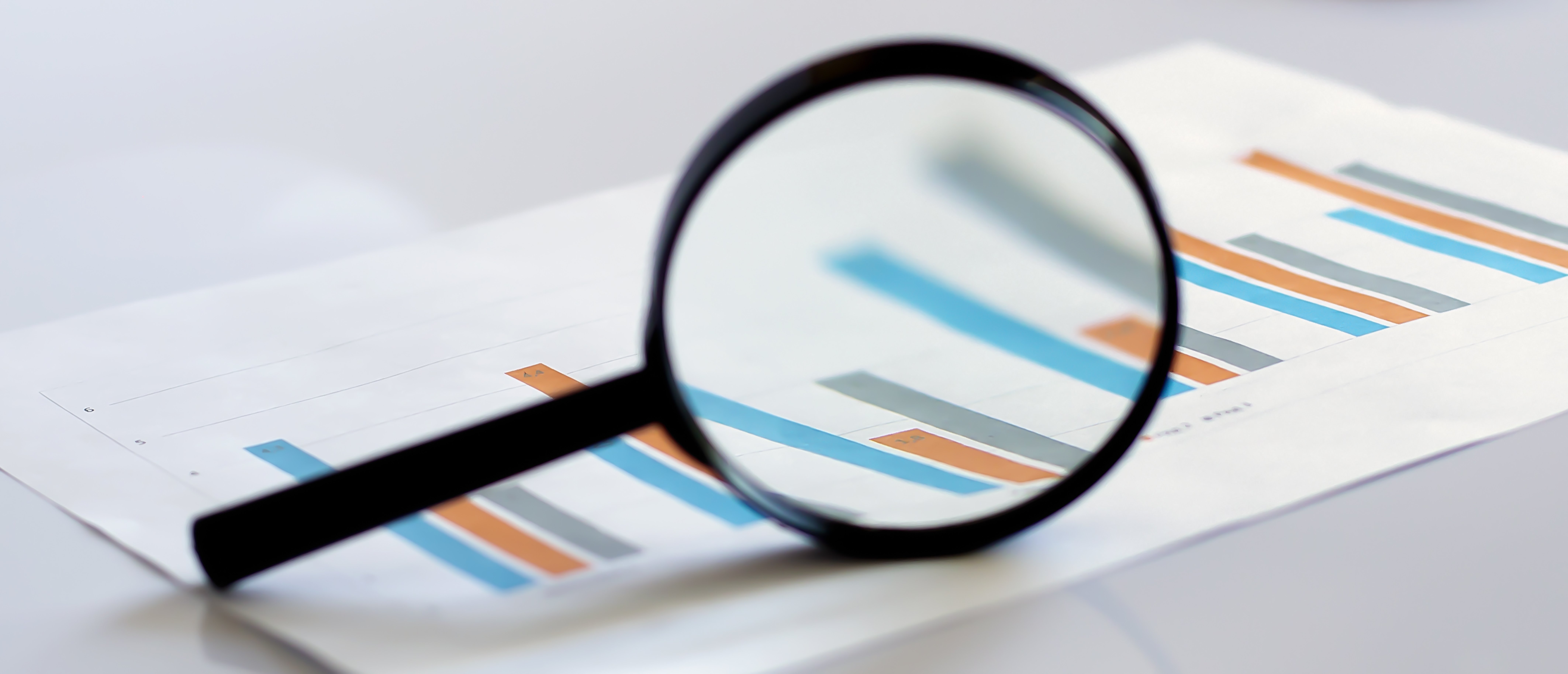We are now past the midpoint of 2020, which means we are more than halfway through the first year of a brand new decade. This midway point is a great time to take a look at the hottest trends in the legal tech world and predict where those trends may lead us as we move further into the new decade.
If we were evaluating future trends in legal tech during a normal year, there might be one or two uncertainties or prominent events from the first half of the year that we would need to take into account. Maybe a shift in global data safety laws or a change to the Federal Rules of Evidence. But, as I’m sure we’re all tired of reading, 2020 has not been a normal year (“the new normal”, “these uncertain times”, “these unprecedented events”, etc. etc. etc.). No matter how you phrase it, we can all agree that 2020 has been… unpredictable. Or to be a bit less understated: the first six months of 2020 have drastically changed how many corporations and law firms function on a day-to-day basis, and industry leaders are predicting that many of those changes will have a lasting effect. For example, a recent Gartner survey of company leaders from HR, legal and compliance, finance, and real estate industries showed that 82% of those responding plan to allow employees to continue working remotely in some capacity once employees are allowed back in the office, while close to half responded that they will allow employees to work remotely full time.

So what does that mean for the legal tech industry? Well, while the world around us has changed dramatically due to the events of 2020, many of those changes actually dovetail quite nicely into where legal tech was already headed. In this article, we will look at the latest trends in legal tech and how 2020, in all its chaos, has affected those trends.
SaaS Self-Service eDiscovery: The growing adoption of cloud services is leading us to a unique hybrid approach to managing ediscovery programs: SaaS self-service ediscovery solutions. This new subscription-based approach gives law firms and corporate legal teams the ability to take charge of their own fates by bringing their ediscovery program in house, while leaving much of the security risks, costs, and IT burdens to a reputable, secure vendor that can house the data in a private cloud or within its own data centers. The benefit of controlling your own ediscovery program in house are obvious. Legal teams would have the ability to control costs and access their data whenever and wherever they need to without the expense and hassle of having to go through a middle man. It would also give legal teams more control over their own costs, deadlines, and workflows, with the ability to fluidly scale up or down depending on case need. The self-service subscription approach is also unique in that it leaves the burden and risk of creating and managing an entire IT data storage infrastructure with the vendor. A security-minded vendor with SOC 2 and ISO 27001 security certifications can house data in a private cloud or their own data center, providing a completely secure environment without the overhead and risk of managing that data in house. A subscription service also may come with the reassurance that if a project or timeline becomes more burdensome than expected, the in-house team could easily pass off a workflow or entire project to the vendor seamlessly.
In 2020, a SaaS self-service solution has the added benefit of being available in every location around the world, at any time. If a worldwide pandemic has taught us anything, it is that traveling to multiple locations throughout the world to set up data centers to handle the specific needs of a case or a client is no longer a feasible solution. Housing and accessing data in the Cloud does not require abiding by global travel restrictions or mandatory quarantines. A SaaS self-service model where data is stored in the Cloud allows for global expansion without concern for pandemics, natural disasters, or political uncertainty.
Big Data Analytics: Big data analytics and technology assisted review (TAR) are certainly not new ideas to 2020. The technology and tools have existed for years and the legal industry has slowly been adopting them. (I say “slowly” in contrast to how fast these tools are developed and adopted in other areas outside of the legal field.) The need to find reliable ways to comb through massive amounts of data in the ediscovery and compliance arenas will only grow, and we can expect that the technology will only continue to improve and become even more reliable.
One could argue that the biggest hindrance to big data analytics in the legal world is not the advancement of the technology, but rather the ability and willingness of many lawyers and courts to adopt that technology as a defensible, necessary legal tool in the modern world of big data. The legal field is notoriously slow to adopt new technology. As a personal example, I clerked for a prominent, incredibly smart criminal defense attorney who still used carbon paper to make copies of important court filings. This occurred during the same year that the third season of Lost aired (or the same year that the first season of Madmen premiered - pick your reference. Either way, not that long ago). And every law firm is rife with stories of the old-school partner who holes up in the firm library (the existence of which could also be an example to my point, in and of itself) because she doesn’t believe in online legal research. While the practice of law is steeped in an awe-inspiring mix of tradition and history, it can also be frustratingly slow to expand on that tradition because it refuses to use a copier. Even Don Draper had a copier by the second season.
However, if we can say one positive thing about 2020, it is that the last six months have pushed the legal world into the technological future more than any other time period to date. Almost every in-house counsel, law firm, and court across the globe has been forced to find a way to conduct its business in a completely remote environment. This means that judges, law firms, and in-house counsel are facing the reality that the legal world needs to rely on and adapt to technology in order to survive. One hopes that this new reality helps lead to a more robust adoption of technological advancement in the legal world in general, and hopefully, a shift away from the reactionary relationship the legal industry always seems to have with technology. Because data volumes will only continue to explode and there will come a time in the near future when it will not be defensible to tell a judge or a client that discovery may take years in order to allow time for a team of 200 contract attorneys to look at each individual document that hits on a search term. Analytics will eventually be a requirement for a defensible ediscovery program, and 2020 may be the year that helps many in the legal field take a more proactive approach to its adoption.
New sources of data (i.e. collaboration tools): Like big data analytics, online collaboration tools like Teams and Slack are not new to 2020, but this year has certainly helped push the use of these tools to the forefront of many companies’ day-to-day business. It seems like new collaboration tools arise every month and companies are increasingly pushing employees to utilize them. Organizations are realizing the value of these collaboration tools in a post-COVID environment, where online collaboration is not only preferable, but absolutely critical. Not to repeat some of 2020’s greatest memes, but I’m sure we’ve all seen the 2020 adage that this is the year that we all realized that not only could that meeting have been an email, that email could have been an instant message. Data actually proves that theory to be true. Microsoft for example, found that chat messages within Microsoft Teams meetings increased over 10x from March 1 to June 1.
The widespread use of these types of tools, in turn, generates more and more unique data that needs to be accounted for during an ediscovery or compliance event Going forward, organizations will need to ensure that they know which tools their employees or contractors are using, what data those tools generate, and how to defensibly collect, process, and review that data in the event of a lawsuit or investigation (or retain a vendor who can guide them through that process). Which brings us to our final 2020 trend…
Continuous program update subscription services: Going hand-in-hand with the above, watch out for ediscovery programs and solutions that can manage the continuous delivery of program updates on all of the applications and platforms that organizations use to effectively perform their work. Gone are the days when the same data collection or processing workflow could be used for years at a time and still be defensible. From iPhone iOS to Teams, systemic updates to work applications and platforms can now roll out on an almost weekly basis, and it is imperative that legal and compliance teams stay on top of those updates and adapt to them in order to ensure that company information remains secure and that any data generated can be defensibly collected and processed when needed. In 2020 and beyond, look for technologically advanced ediscovery subscription services that give companies the ability to prepare for and stay ahead of the never-ending stream of software updates.
To discuss this topic further, please feel free to reach out to me at SMoran@lighthouseglobal.com.
